We recently connected with Dr. Sarah Elizabeth Moreman and have shared our conversation below.
Alright, Dr. Sarah Elizabeth thanks for taking the time to share your stories and insights with us today. Do you feel you or your work has ever been misunderstood or mischaracterized? If so, tell us the story and how/why it happened and if there are any interesting learnings or insights you took from the experience?
Being misunderstood is one of the natural aspects of my life due to my having been born profoundly bilateral sensorineural deaf. The perpetual need to be understood beyond the cage of my hearing impairment remains strong even after over four decades as I never cease in my creative pursuits in fostering genuine connections while communicating. It is not enough when the other person simply nods his or her head to affirm whatever I say. I would repeat myself to make sure that the message gets across clearly and acknowledged. The stubbornness instilled within me is the steadfast reason why I keep finding myself standing in front of a classroom, an audience, or at the microphone.
How is it possible for me to be a college teacher, specifically an adjunct English professor? How is it possible for me to do speaking engagements ranging from sharing my story with the Girl Scouts of North-Central Alabama to standing on the red dot for TEDxBirmingham? Speech therapy aside, reading and writing are the two crucial factors that enhance my speaking prowess. The evenings of my childhood filled with my parents reading books out loud to my siblings and me have inspired me to understand the use of language and how it bridges minds and hearts. I have learned that the more I read, the better I write. Thus, the more I write, the better my speech would sound to others. In my efforts of reaching out to others, reading, writing, and speaking create the trifecta for establishing a genuine connection while communicating. Furthermore, being misunderstood can be a blessing in disguise, for it infuses the determination to overcome frustration by using it as a learning opportunity to create better communication strategies, to exude more inclusivity.
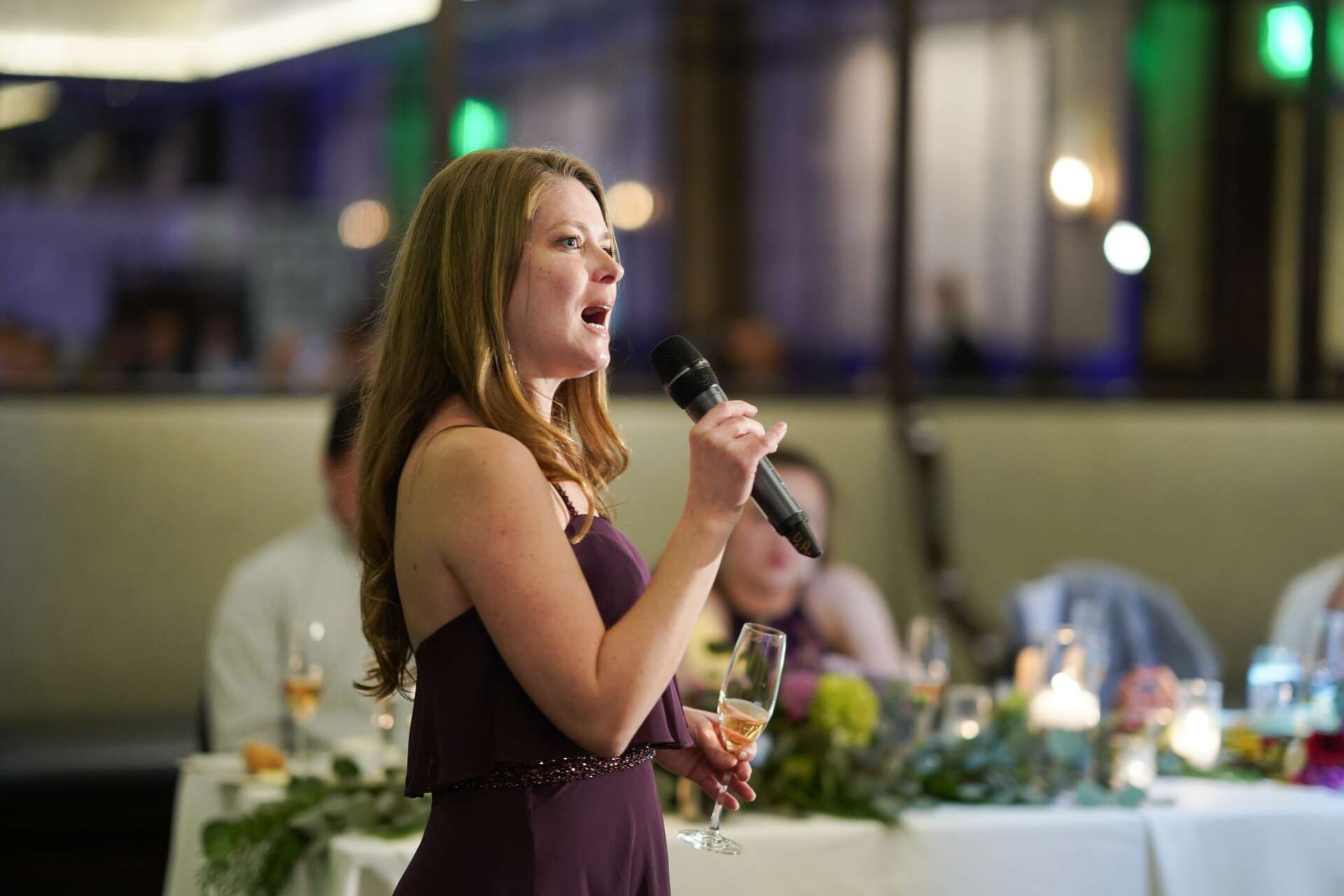
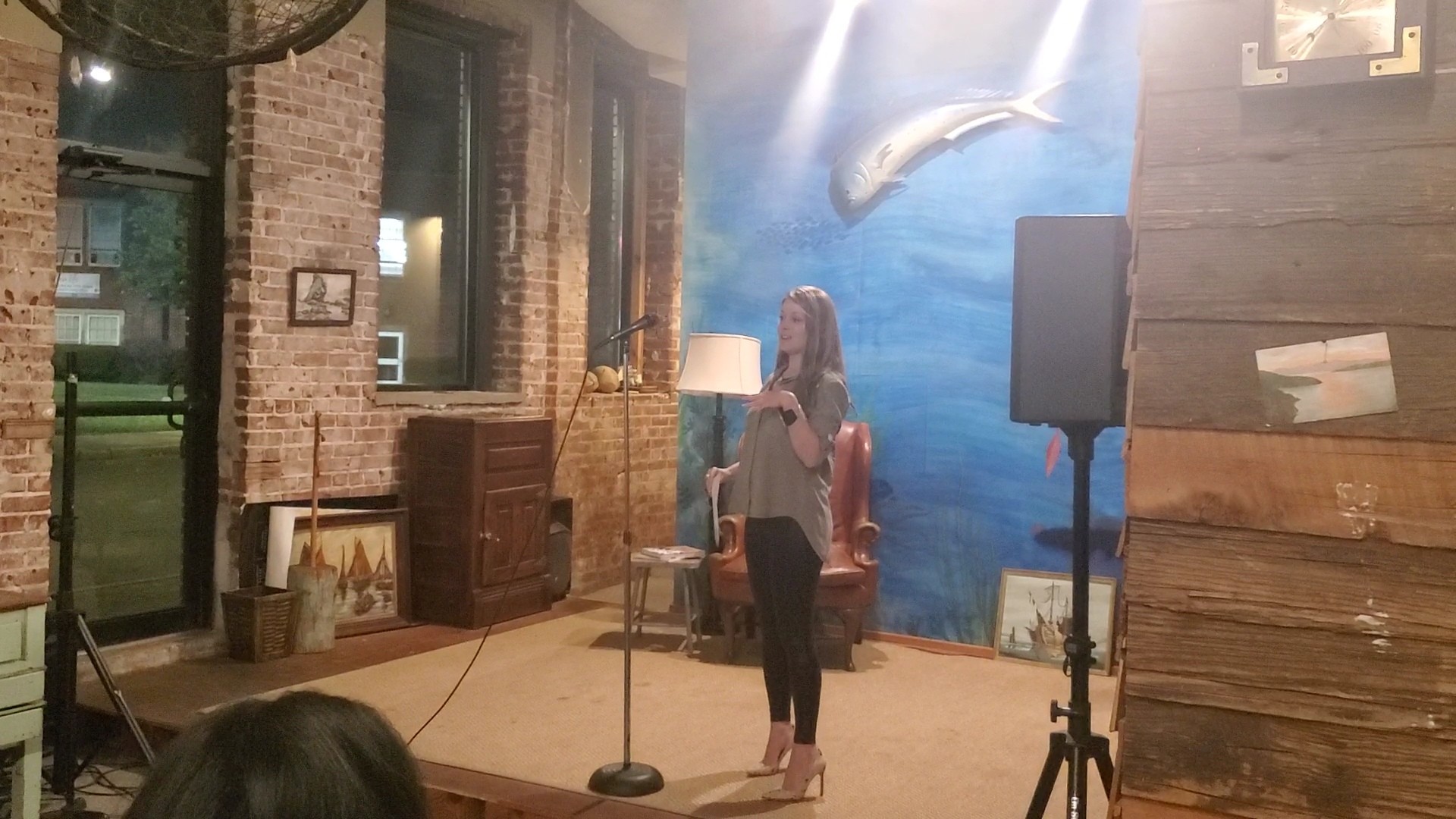
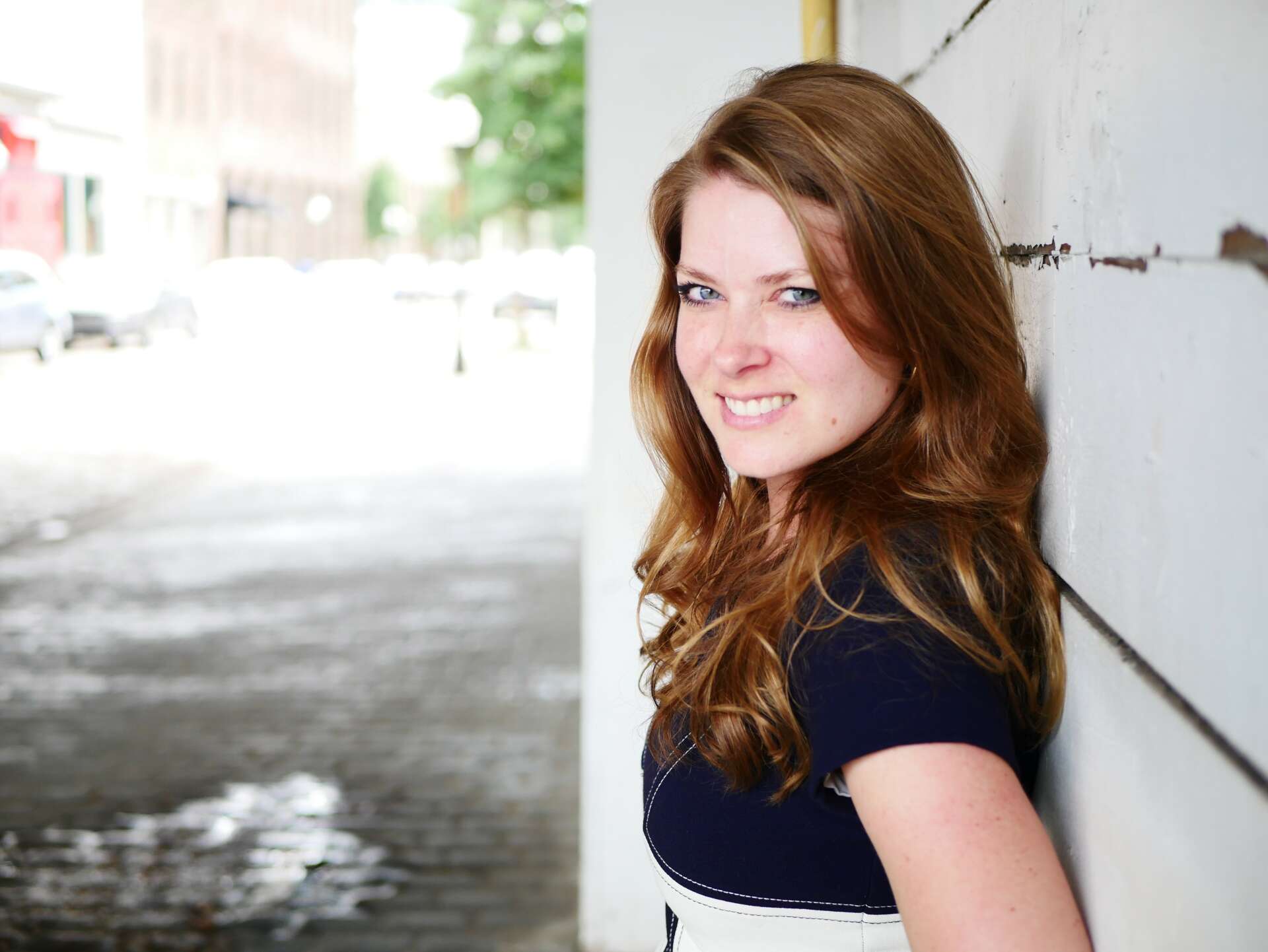
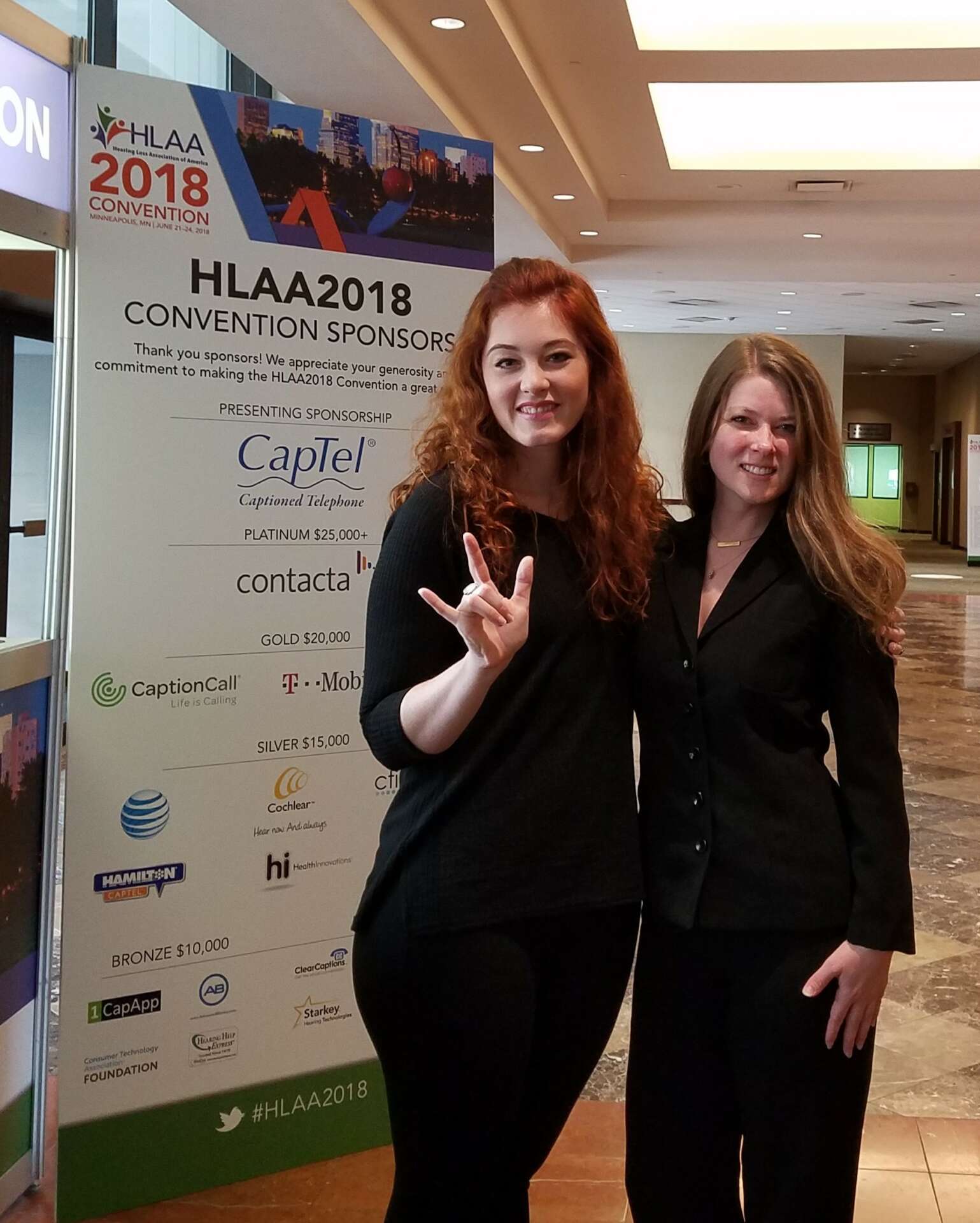
Awesome – so before we get into the rest of our questions, can you briefly introduce yourself to our readers.
I am Dr. Sarah Elizabeth Moreman, a TEDx and Keynote Speaker, Creative Communications Consultant, Educator, Editor, and Author. I am more about creating rather than doing. I discern creative ways of communicating to establish authentic connections with others. I guide others and companies in their respective creative communications strategy to ensure inclusive communication with any individual. In my signature keynote, I emphasize the importance of genuine connection while communicating. With my extensive background across higher education and medical environments, I share my personal and professional knowledge to raise awareness of taking an approach that would lead to a mutual understanding through attention and adjustment.
In my doctoral research, I conducted an autoethnographic study about my pedagogical content knowledge of using writing prompts that revealed five findings of individualism within diversity, variability, persistence, competence, and responsiveness, all of which fostered strong student-teacher interaction. This autoethnographic study reflects how I approach life when it comes to expressing my thoughts and ideas. Even after twenty years of combined education and entrepreneurial experience, I am still growing in my creative communication strategies through reading, writing, editing, marketing, graphic design, teaching, and speaking. I continue to seek innovative ways such as use of technology and art as part of my guiding others to see the possibilities in establishing a genuine connection while communicating with any person, no matter the circumstances, appearance, attitude, and/or perspective. To avoid being static communication-wise, we need to be dynamic in our efforts to communicate with others.
As part of challenging myself recently, I published one poetry collection titled Reclaiming Calla Lilies and am still in the process of having another poetry collection published. Writing poetry is the next level of self-awareness where I am still realizing how much my voice is being heard. Poetry gives me a different perspective on expressing my thoughts and ideas, expressing my voice, enhancing my overall linguistic competence as a keynote speaker. With the omnibus of writing, designing, and speaking, I seek to guide individuals and companies in their willingness to learn a simple three-step formula of establishing a genuine connection while communicating with any other individual, no matter the background, ability, appearance, or belief.
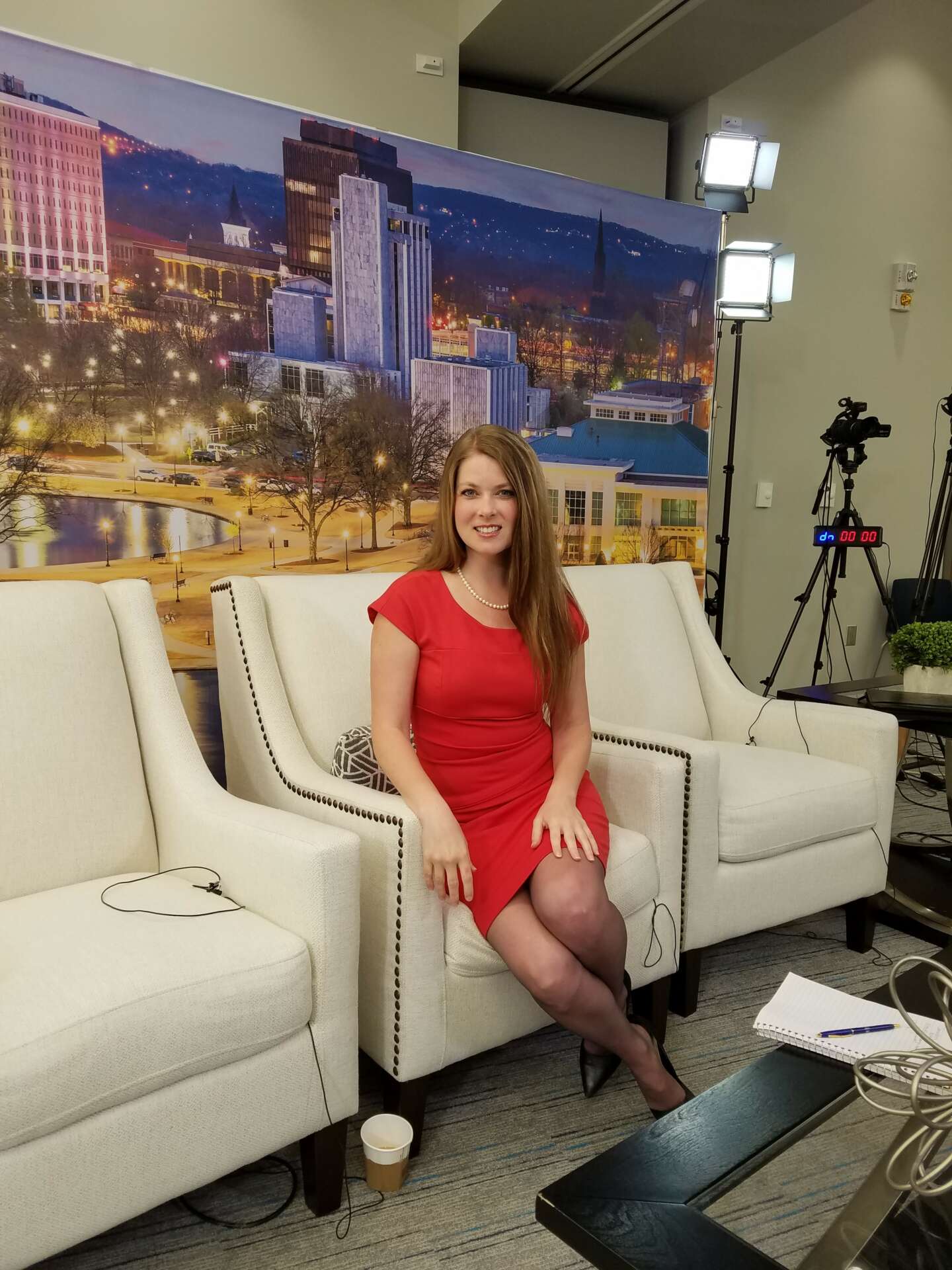
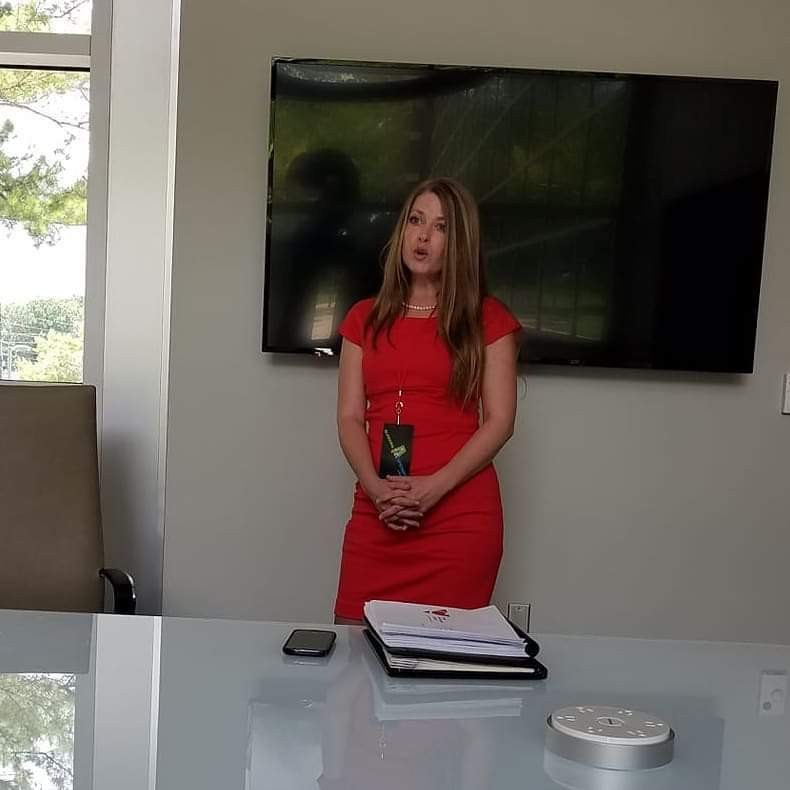
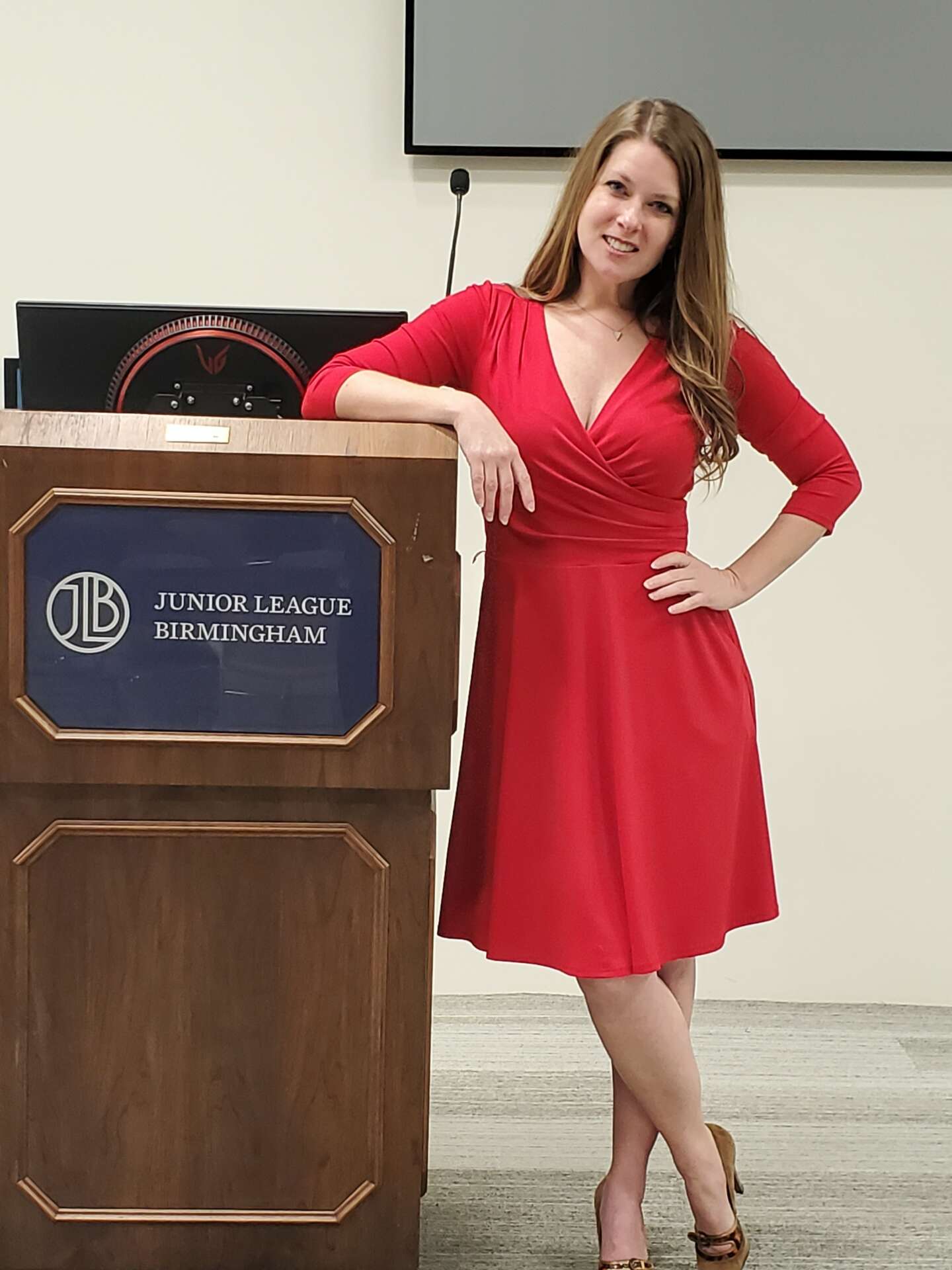
Is there a particular goal or mission driving your creative journey?
We need to slow down and pay attention to each other by acknowledging the difference in our communication needs. Simply because a person has a certain look, belief, attitude, or ability does not mean we can rely on stereotypical ways of communicating. Speaking from the lifelong experience of being assumed as a sign language user, frustration is no stranger when it comes to assumptions. Other than the alphabet and rudimentary signs, I am not fluent in sign language. Rather, I learned to rely on my residual hearing while lipreading—thanks to Dr. R. Orin Cornett’s development of Cued Speech, a visual system of communication that encourages users to see the phonemes of spoken language. Cued Speech buttressed my linguistic development, along with learning Spanish in sixth grade and German in high school and college.
My speaking platform focuses on using frustration as a learning catalyst to create or improve communications strategies. Due to the wide range of my creative communicative efforts, people ask me for ideas for their personal and professional spaces. I speak in a variety of spaces, ranging from private and public schools, universities, and online medical institutions to nonprofits and corporations. Between the speaking engagements, I continue in my learning endeavors about various communications strategies, both verbal and nonverbal, through reading, writing, editing, teaching, marketing, and graphic design.
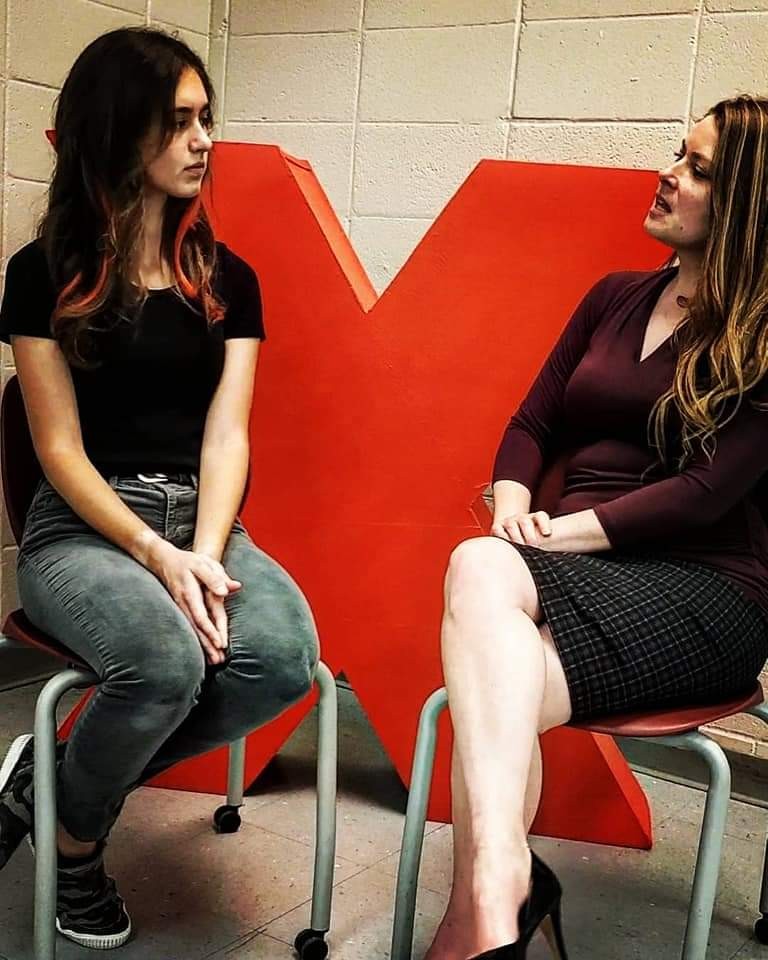
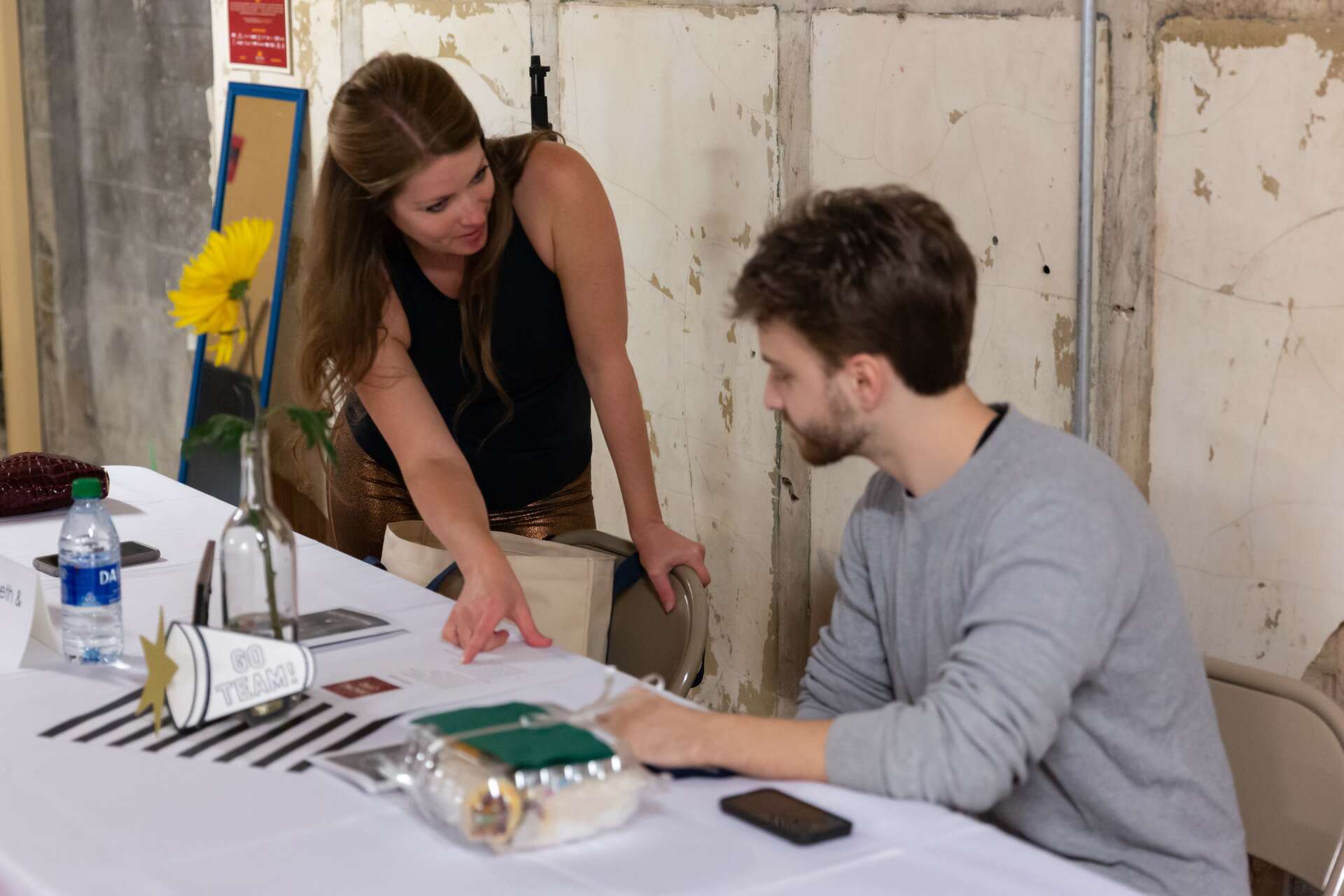
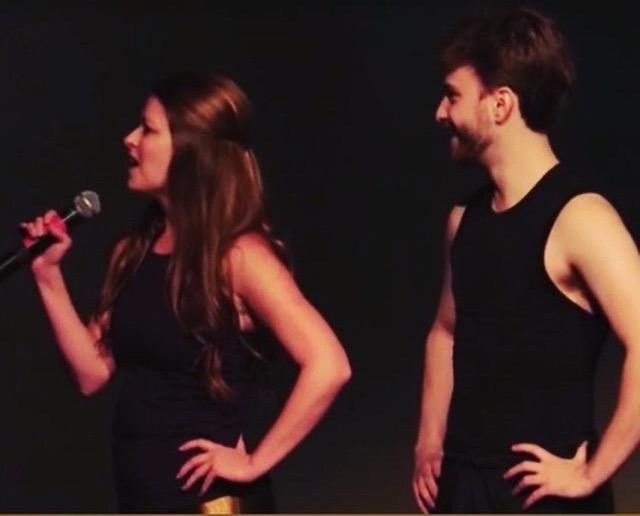
We often hear about learning lessons – but just as important is unlearning lessons. Have you ever had to unlearn a lesson?
The lesson I had to unlearn is autonomy insistence.
During my teen and undergrad years when a few friends with varying degrees of hearing loss underwent cochlear implant surgery, I watched how they adjusted to their new way of receiving sounds. I decided that I did not want a cochlear implant. My reasons included vanity, stubbornness to remain natural, and the fear of unknown. It was not until I was nearing the age of twenty-three when my father approached me, asking if I wanted to do the cochlear implant surgery, his military insurance would cover it.
I said no.
I stubbornly refused to consider it for the next decade and a half. Over this timespan, whoever asked me why I refused to have cochlear implant surgery, I responded by asking why the need to do it. I believed that I was doing fine with whatever residual hearing I did have. I preferred to be natural, and I chose the hard way of doing things. I even went without accommodations in graduate school, wanting to prove to myself and everyone else around me that I could do anything by working harder.
After having gone through a hard, dark chapter in my life that involved being told that nobody cared to hear what I had to say, I sought ways to speak up more, to find my voice, to have confidence that whatever I say matters. As I slowly piece back together my old self through taking on challenges and putting myself out there in the open by engaging in speaking opportunities, my stubbornness matured into a willingness to adjust in the way I communicate. Yet I stubbornly held on to insisting that I did not want cochlear implant surgery until one day when my mother requested that I utilize my research skills from graduate school to learn more about cochlear implants. She suggested that I should research the surgery and consult more experts. That way, if I decided against it, I would have a better understanding of why.
Eleven months of extensive research about the benefits of having a cochlear implant passed before I found out that I was selected among the speakers for TEDxBirmingham 2018. In response to this news, my first decision was to email the doctor and schedule the surgery the next month. The connection between my decision to take the plunge and being chosen as a TEDx speaker was that I realized instantly that I would be speaking in front of a large live audience, then online. My platform was about overcoming communication obstacles, and I faced the reality that I must live out my talk.
Therefore, I took the plunge for the audience, to ensure that they would understand me.
Seven years later, I am glad that I changed my mind about not having the cochlear implant. I am thankful for having listened to the suggestion of doing research to back up my initial reasons, to let the possibilities unfold. Otherwise, I would not get to experience what adjustment truly means as part of my creative communications strategy, let alone sharing how we need to be dynamic in the way we communicate with others to forge that authentic connection.
Contact Info:
- Website: https://www.drsarahelizabethmoreman.com/
- Instagram: https://www.instagram.com/seethewriting/
- Facebook: https://www.facebook.com/SarahElizabethMoreman/
- Linkedin: https://www.linkedin.com/in/sarahelizabethmoreman/
- Youtube: www.youtube.com/@SarahElizabethMoreman
- Other: TikTok | @DrSarahElizabethMoreman
Image Credits
Diane Johnson Photography


